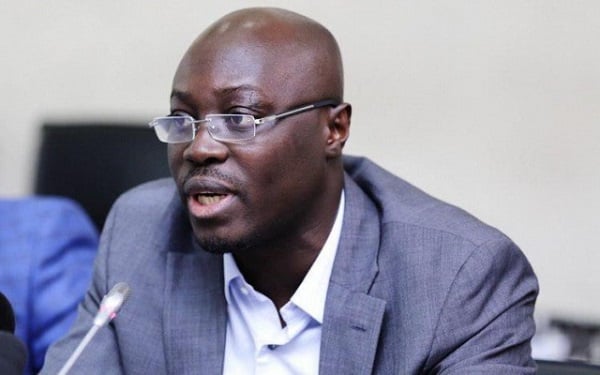The tragic clash between small-scale miners and military personnel in Obuasi, Ghana, resulting in the loss of nine lives and numerous injuries, has cast a somber shadow over the nation’s mining sector. Majority Leader and Minister of Finance, Dr. Cassiel Ato Forson, expressed deep regret over the incident, emphasizing the need for peaceful conflict resolution and a thorough investigation to ensure accountability. The incident underscores the urgent need for sustainable solutions to the complex challenges plaguing the mining sector, particularly the volatile relationship between small-scale miners, security forces, and large-scale mining operations.
The Obuasi clash highlights the precarious situation faced by many small-scale miners in Ghana. Often operating in informal or illegal settings, they are frequently at odds with both the law and larger mining companies. Their activities can lead to environmental degradation and conflicts over land and resources. The presence of security forces, tasked with upholding mining regulations and protecting the interests of licensed operators, can escalate tensions, as demonstrated by the recent tragic events. This complex web of competing interests necessitates a multi-pronged approach to address the root causes of the conflict and prevent future violence.
Dr. Forson’s call for a thorough investigation signals the government’s recognition of the gravity of the situation. A transparent and impartial investigation is crucial not only to determine the precise sequence of events and identify those responsible for the violence but also to build trust between the government, mining communities, and security forces. The investigation should examine the circumstances leading to the confrontation, the actions of both the miners and the military personnel involved, and any systemic issues contributing to the escalation of violence.
Beyond establishing accountability, the Obuasi tragedy necessitates a broader examination of Ghana’s mining sector policies. Sustainable solutions require a comprehensive strategy that addresses the economic, social, and environmental dimensions of small-scale mining. This includes providing alternative livelihood opportunities for those engaged in illegal mining, strengthening regulatory frameworks, and promoting responsible mining practices. Equally important is the need to improve communication and collaboration between all stakeholders, including government agencies, traditional authorities, mining companies, and local communities, to foster a climate of trust and cooperation.
The role of security forces in managing conflicts within the mining sector also deserves careful scrutiny. While maintaining law and order is essential, the use of force should always be a last resort. Training programs for security personnel should emphasize de-escalation techniques, conflict resolution, and respect for human rights. Clear protocols for engagement with small-scale miners should be established, prioritizing dialogue and negotiation over confrontation. A commitment to professionalism and restraint by security forces is paramount to preventing future tragedies.
The Obuasi incident serves as a stark reminder of the human cost of unresolved conflicts in the mining sector. The loss of life and the injuries sustained demand not just condolences but concrete action. Moving forward, Ghana must prioritize the development of sustainable and peaceful solutions that address the underlying causes of conflict, protect the rights of all stakeholders, and promote responsible mining practices. This requires a collaborative effort from all involved, including government, industry, and civil society, to ensure that such tragedies are never repeated. Only through dialogue, collaboration, and a commitment to justice can Ghana’s mining sector become a source of sustainable development rather than a scene of conflict and loss.


